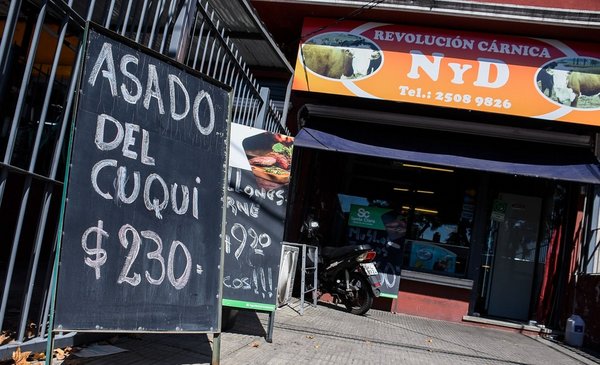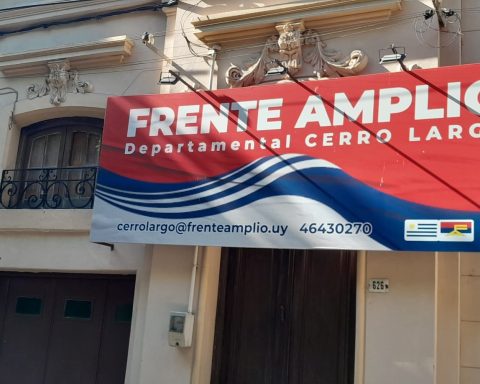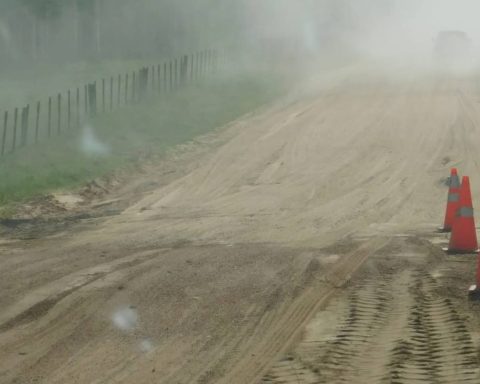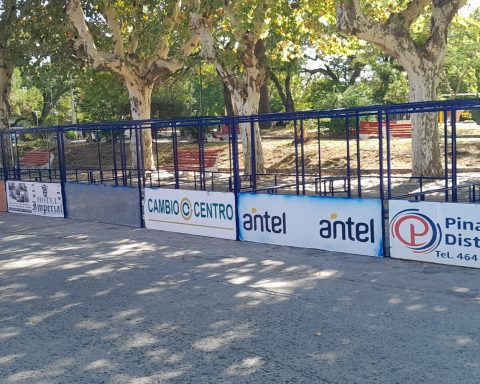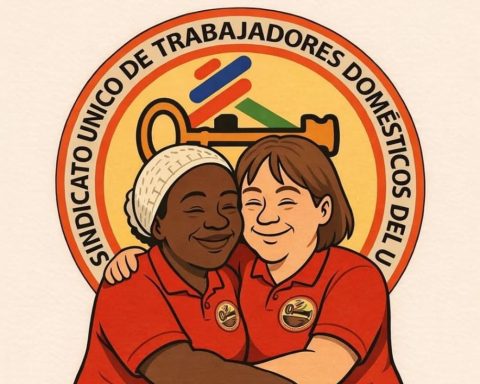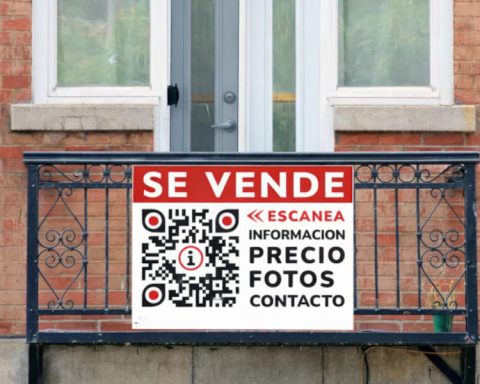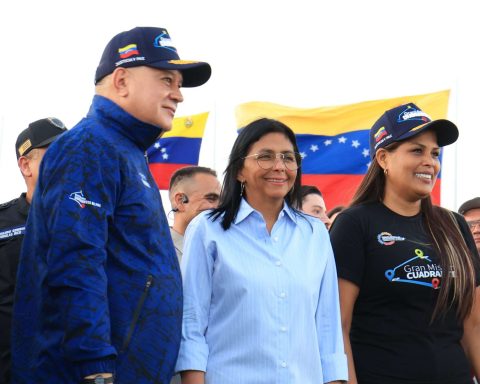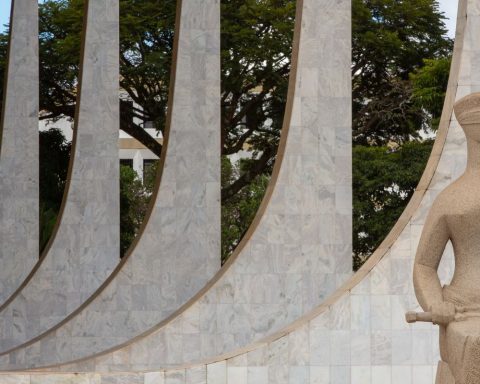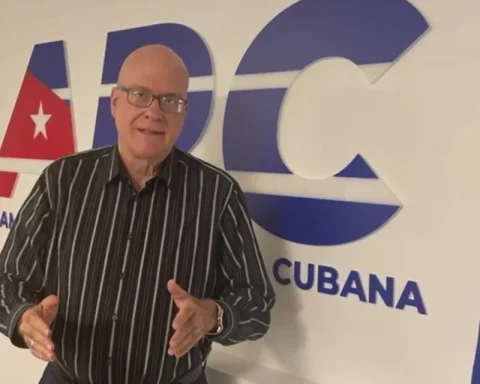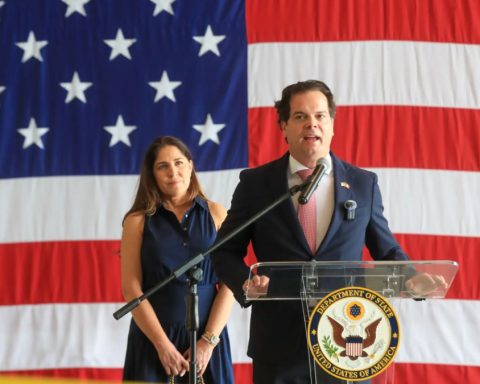The Commission for the Promotion and Defense of Competition —a decentralized body that depends on the Ministry of Economy and Finance— made a series of recommendations to the National Meat Institute (INAC), the Ministry of Livestock (MGAP), the General Farm Directorate and other economic agents regarding “specific actions that may constitute a risk from the point of view of the defense of competition“. The investigation arose as a result of the different announcements and measures announced by the government authorities to contain the inflationary escalation in the months of March, April and May.
In this sense, a resolution of the control agency resolved to issue a “more specific recommendation to INAC, the Ministry of Livestock, the General Directorate of the Farm and the different agents of the market, regarding the risk from the point of view of the defense of competitionto support actions that can favor a price agreement between competitorss”, as well as “any element that may lead to the agreement, directly or indirectly, of prices or other commercial conditions“.
In addition, the Commission for the Promotion and Defense of Competition warned of the risk —from the point of view of the defense of competition— of making “communications related to the formation of prices in a production chain that may favor certain anticompetitive practices, such as collusion”. Collusion is an agreement or practice between two or more parties to fix sales prices, purchase prices or other marketing conditions.
The process and downloads
On June 10, the Commission for the Promotion and Defense of Competition ordered the start of a preparatory measure linked to the markets for beef and the poultry chain.
Previously, in March, the Executive Branch had enacted a law that exempted VAT on the sale of barbecue for a period of 30 days, a measure that was later extended for the same period. ANDhe government announced that this popular cut would have a maximum sale price of $230 per kg, while that tax benefit was in force.
In the explanatory memorandum of that norm, the government used as an argument the rise in prices due to the war between Russia and Ukraine, and that the VAT exemption measure for roast meat was temporary in nature to favor popular consumption. “From the foregoing it follows that reasons of general interest prevailed for the approval of the aforementioned law,” the commission considered.
In the preparatory measure carried out by the commission, the Southern Association of Poultry Producers reported that it did not participate in “any type of agreement tending to fix the prices for sale to the public of chicken eggs.” In March, the Ministry of Livestock and the General Directorate of the Farm had reported that a agreement with producers to freeze the price of eggs for a period of four weeks. In an official letter sent to the commission, the General Directorate of the Farm denied that it had participated in any agreement tending to fix the sale prices to the public.
On the other hand, the Chamber of the Cold Storage Industry and the INAC responded that they did not “participate in any type of agreement tending to fix the prices of sale to the public of cuts of meat with bone. Likewise, the Union of Meat Vendors revealed that the Associated butchers “had complete freedom and independence” to make decisions on prices to consumers.
In the official notices provided by these market players, it was indicated that “there was no binding commitment or agreement regarding the price of cuts of meat with bone and that there was no obligation of the refrigerators, distributors or merchants to sell at a certain price or reduce the cost of a certain product.
The INAC admitted that in its response “he did refer on numerous occasions to a kind of ‘agreement’ in different mediabut it was simply a semantic issue to transfer in assertive and simple language to the consumer, the message that prices were not going to rise based on the expectation expressed by the productive sector when weighing the VAT exemption “on the price of the roast.
The commission’s resolution considered that there was no “merit” to continue with the investigation procedure, although it did resolve to issue a series of recommendations to the parties.
